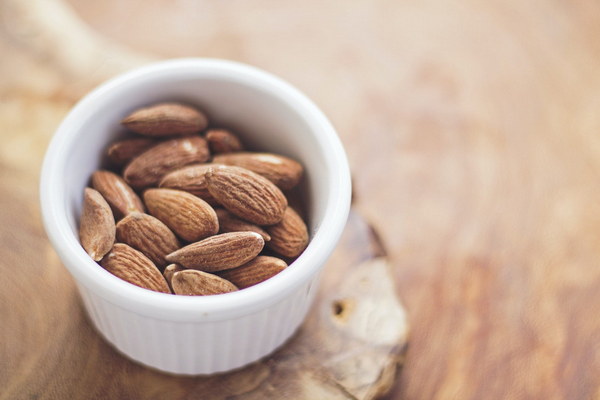Nurturing Your Lungs A Guide to LungNourishing Herbs and Their Benefits
In the pursuit of holistic health, the lungs play a crucial role in oxygenating the body and removing toxins. As such, it is essential to take care of them to maintain overall well-being. One effective way to achieve this is by incorporating lung-nourishing herbs into your daily routine. These natural remedies have been used for centuries to support lung health and respiratory function. Let's explore some of these beneficial herbs and their advantages.
1. Elderberry (Sambucus nigra)
Elderberry is a well-known herb that has been traditionally used to treat respiratory conditions. It contains flavonoids, such as anthocyanins, which have antiviral and anti-inflammatory properties. These compounds help in reducing inflammation and boosting the immune system, thus protecting the lungs from infections. Elderberry syrup is a popular remedy for colds and flu, as it helps in alleviating symptoms and speeding up recovery.
2. Licorice Root (Glycyrrhiza uralensis)
Licorice root is another remarkable herb that has been used in traditional Chinese medicine for lung health. It contains glycyrrhizin, a compound that exhibits expectorant and demulcent properties. This means it helps in loosening mucus and soothing the respiratory tract, making it easier to breathe. Licorice root is often used in combination with other herbs to treat bronchitis, asthma, and other respiratory conditions.
3. Thyme (Thymus vulgaris)
Thyme is a flavorful herb that is not only great for cooking but also for lung health. It contains thymol, a compound with antibacterial and antiviral properties. Thyme can be used to treat coughs, bronchitis, and other respiratory infections. You can prepare a thyme tea by steeping the fresh or dried leaves in hot water. Alternatively, you can use thyme essential oil in a diffuser to improve air quality and promote respiratory health.
4. Peppermint (Mentha × piperita)
Peppermint is a refreshing herb that can help alleviate respiratory issues. It contains menthol, a compound that has expectorant, antispasmodic, and anti-inflammatory properties. Peppermint can help in relaxing the muscles of the respiratory tract, reducing coughing and improving breathing. To enjoy the benefits of peppermint, prepare a soothing tea or use peppermint oil in a diffuser.
5. Mullein (Verbascum thapsus)
Mullein is a versatile herb that has been used to treat respiratory problems for centuries. It contains mucilage, a compound that helps in soothing the respiratory tract and reducing inflammation. Mullein is commonly used to treat bronchitis, asthma, and coughs. You can prepare a mullein tea by boiling the leaves in water, or use mullein oil for a topical application.
6. Eucalyptus (Eucalyptus globulus)

Eucalyptus is a potent herb with a strong aroma that is well-known for its respiratory benefits. It contains eucalyptol, a compound with expectorant, antibacterial, and antiviral properties. Eucalyptus is commonly used to treat colds, flu, bronchitis, and asthma. You can use eucalyptus essential oil in a diffuser or prepare a steam inhalation to relieve respiratory symptoms.
In conclusion, incorporating lung-nourishing herbs into your daily routine can help improve respiratory health and overall well-being. These natural remedies offer a safe and effective alternative to conventional medications and can be used to alleviate various respiratory conditions. However, it is important to consult with a healthcare professional before starting any new treatment, especially if you have existing health issues or are taking other medications. Remember, a balanced lifestyle, including proper nutrition, regular exercise, and adequate rest, is also crucial for maintaining lung health.









